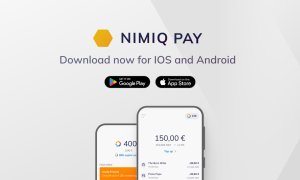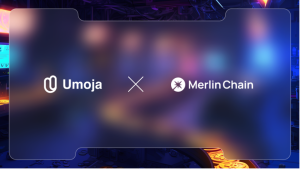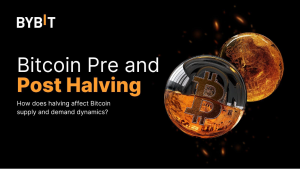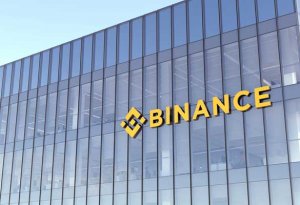Samsung SDS completes development of blockchain-based verification system “BankSign”
If a customer using BankSign obtains a co-verification certificate from a bank, that customer can use mobile banking of other banks with simple authentication.

Another example of how blockchain technologies can be used in the financial services industry has just been presented to us, as Samsung SDS has announced the completion of the development of BankSign, its blockchain-based co-verification system for banks, for the Korea Federation of Banks.
If a customer using BankSign obtains a co-verification certificate from a bank, that customer can conveniently use the mobile banking service of other banks with simple authentication.
Until now, banking customers have had to go through the inconvenient process of renewing their digital certificate every year for each bank whose mobile banking they use. BankSign makes it easy for customers to access the banking services of multiple banks at once. The authentication process has also been improved with simplified passwords, fingerprint and pattern authentication.
BankSign prevents certificate forgery through synchronization of distributed agreements, which is a characteristic of blockchain technology, and real-time authentication information between banks. Blockchain encrypts communication segments and double-encrypts data and networks, markedly enhancing security. This improved security has made it possible to increase the validity of digital certificates from 1 year to 3 years.
The development of “BankSign” marks another step by Samsung into the blockchain world. Following on from its 2015 start in the blockchain field with the establishment of its blockchain dedicated department, in 2017, Samsung SDS launched Nexledger, a blockchain platform with real-time mass transaction processing and smart contract capabilities and a management monitoring system. Samsung SDS has also been consistently engaging in global collaborative research for the development of blockchain technology.
The interest in the use of blockchain by financial services companies is exponentially growing. In July this year, a group of major banks reported that blockchain platform we.trade had performed its first trades. The aim of we.trade is to create a common platform which enables companies, from SMEs to large corporates, to trade in a fast, easy and transparent way. The goal is to fully automate the trading process and seamlessly connect the entire trade ecosystem.
Some financial institutions, however, remain skeptical as to the application of blockchain. For instance, in a recent bulletin, the Netherlands central bank (DNB) said it had found that blockchain is not capable to respond to the needs of financial markets infrastructure (FMI). Based on the results, of tests involving blockchain, the DNB concluded there were a number of shortcomings of blockchain technologies.
The biggest shortcomings are inadequate capacity, inefficiency due to high energy consumption and lack of complete certainty about having made a payment. Nonetheless, it appears that the resilience of a financial market infrastructure against external attacks could be increased by the use of blockchain technology, but this happens at the expense of capacity and efficiency.









